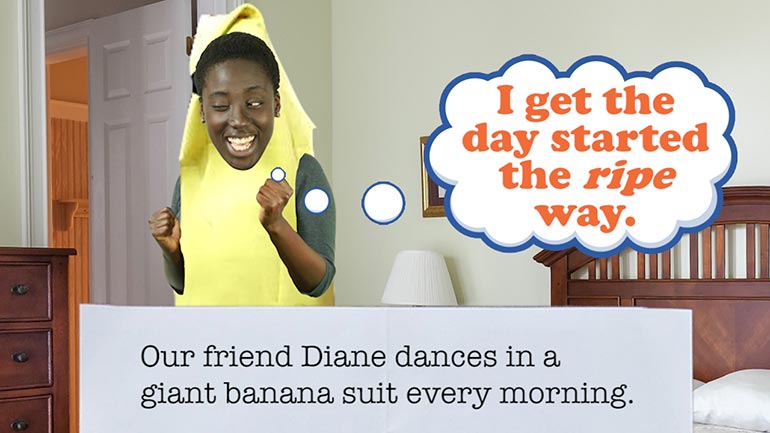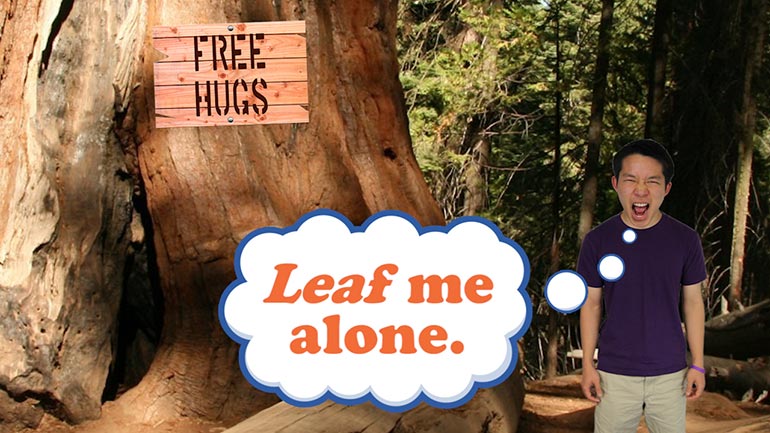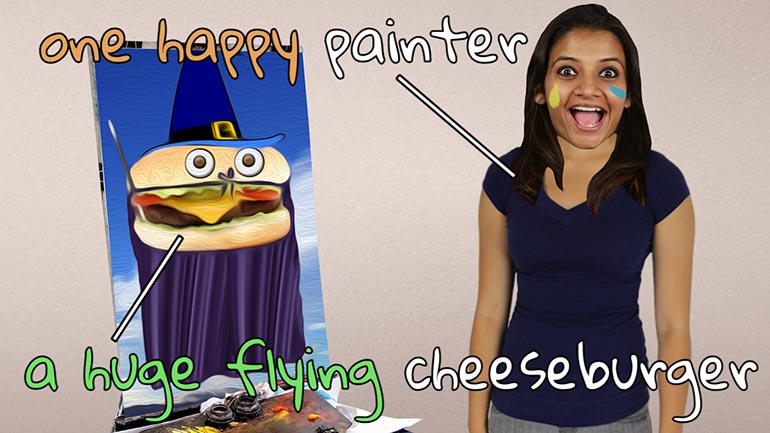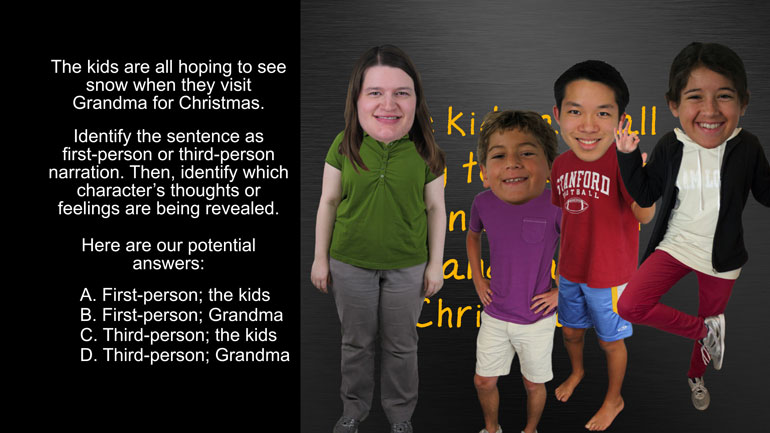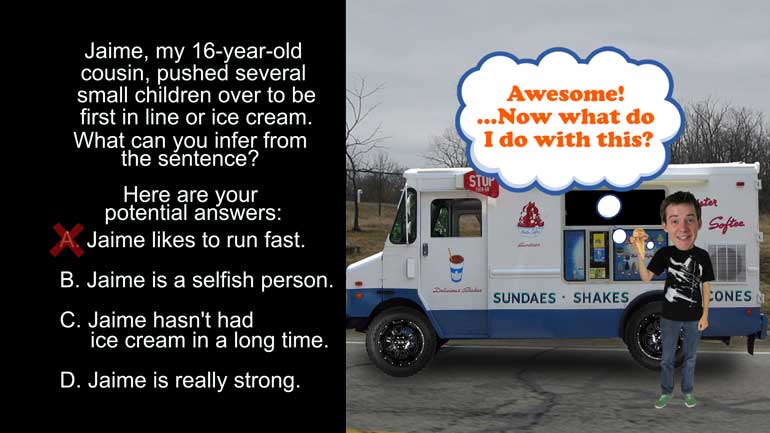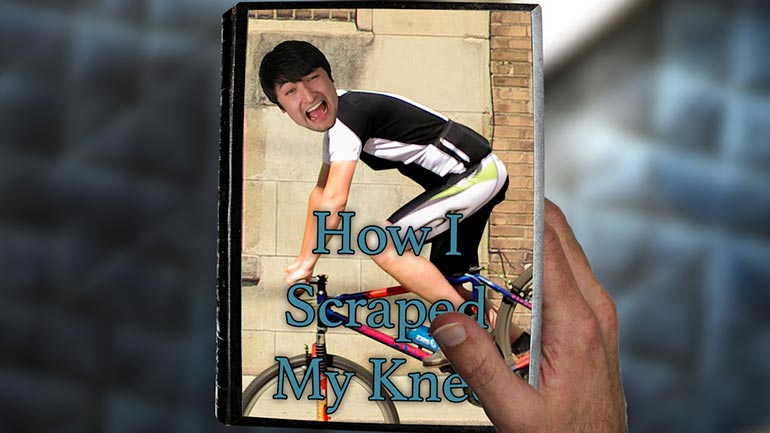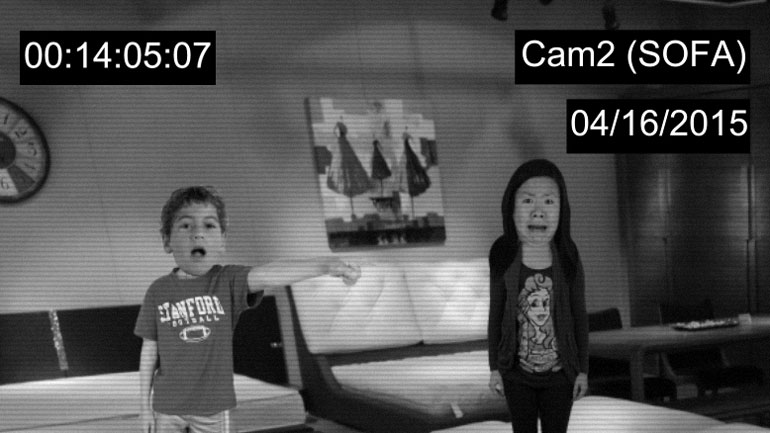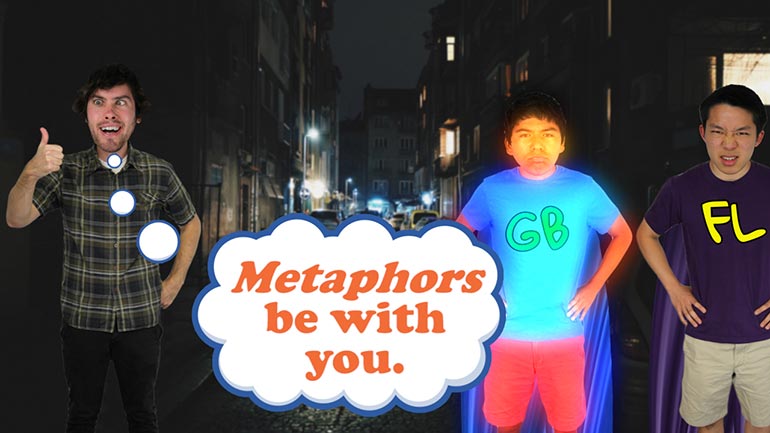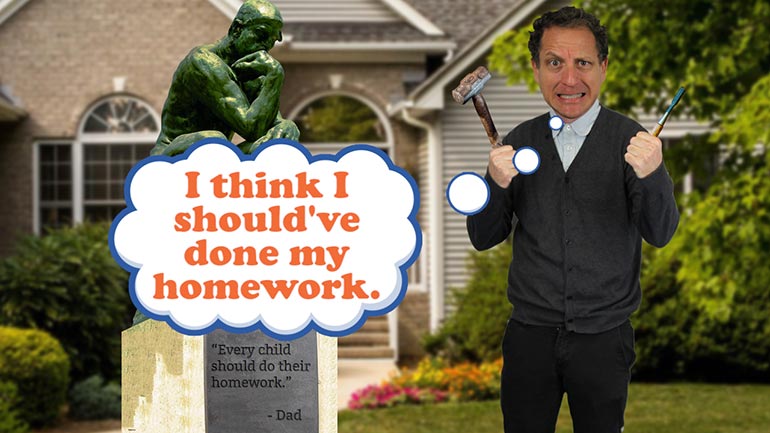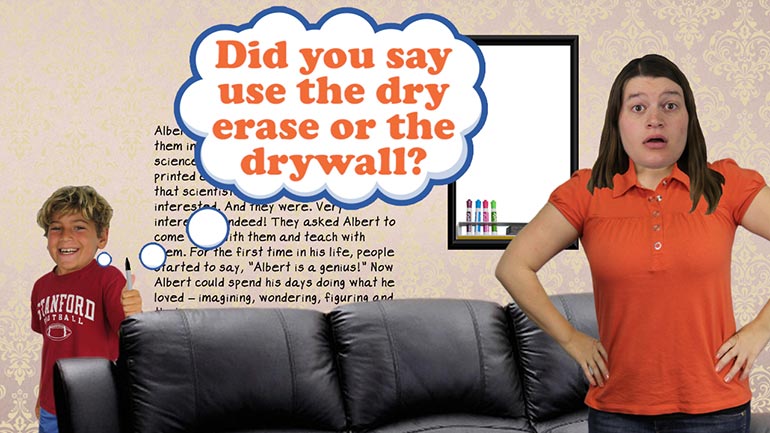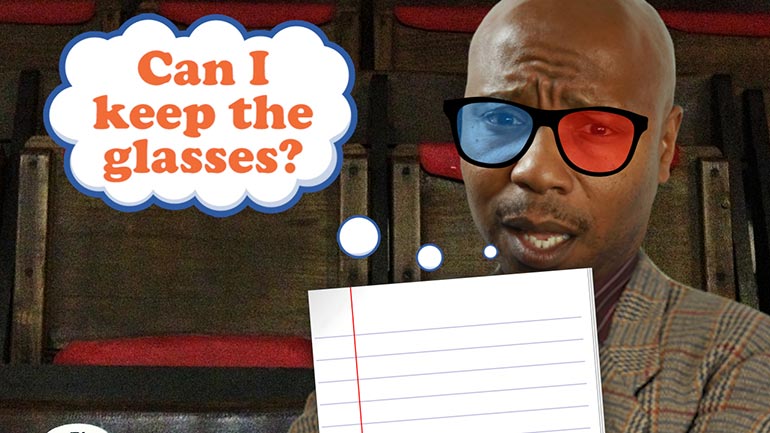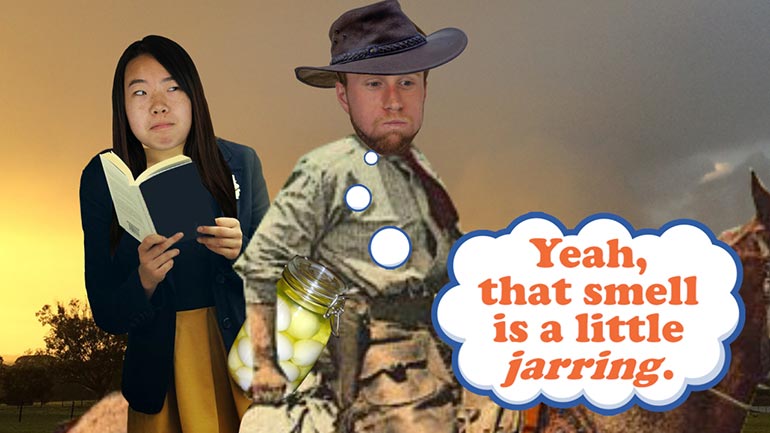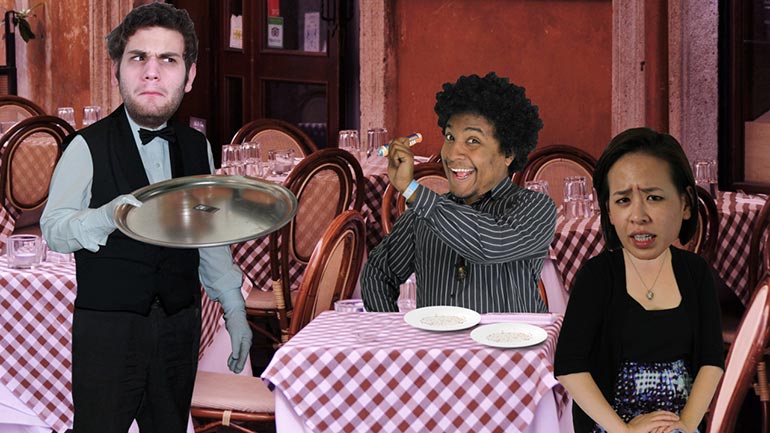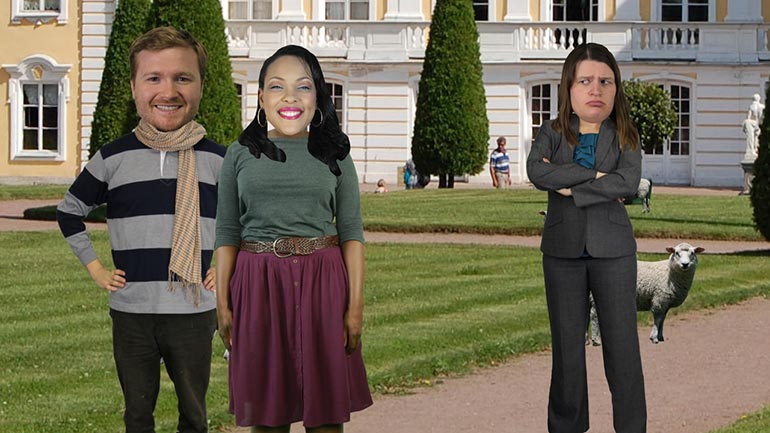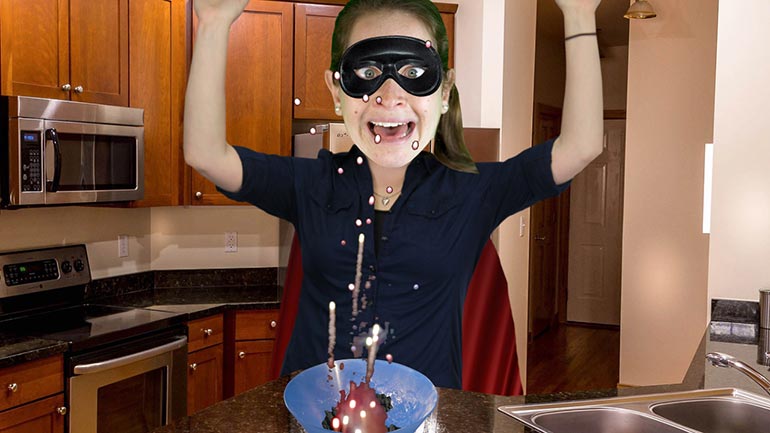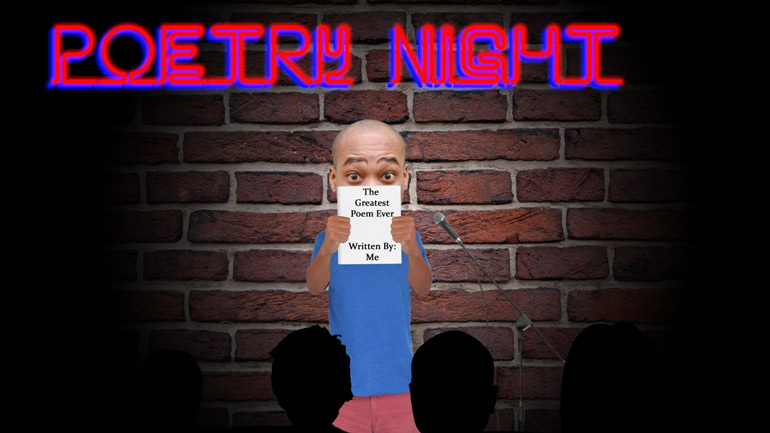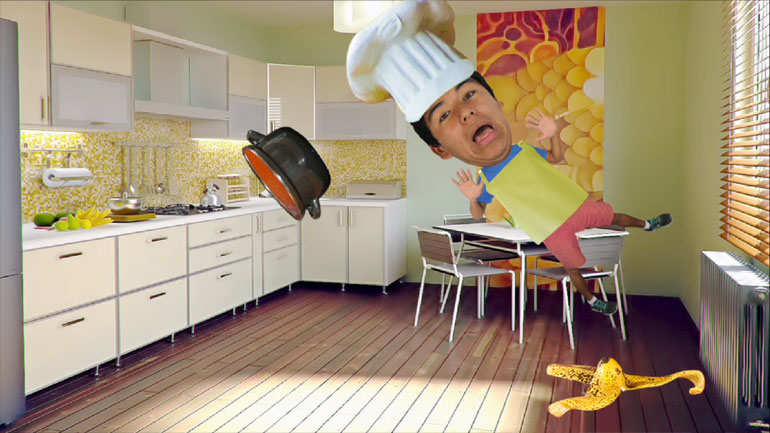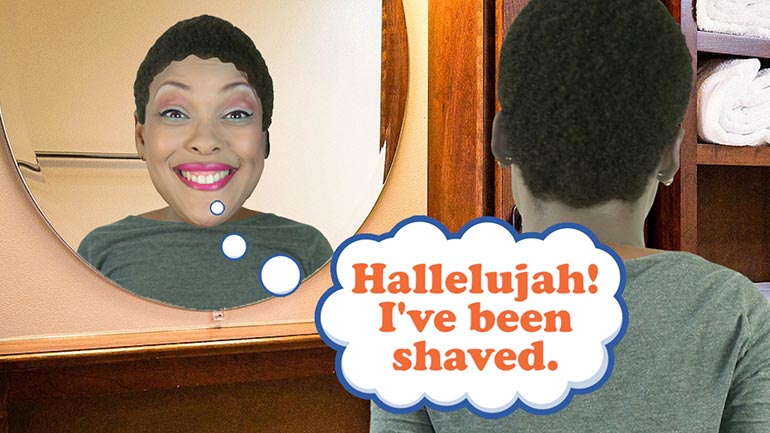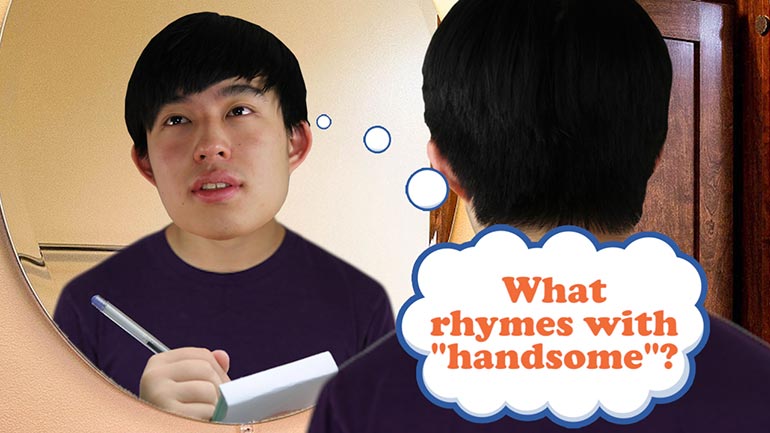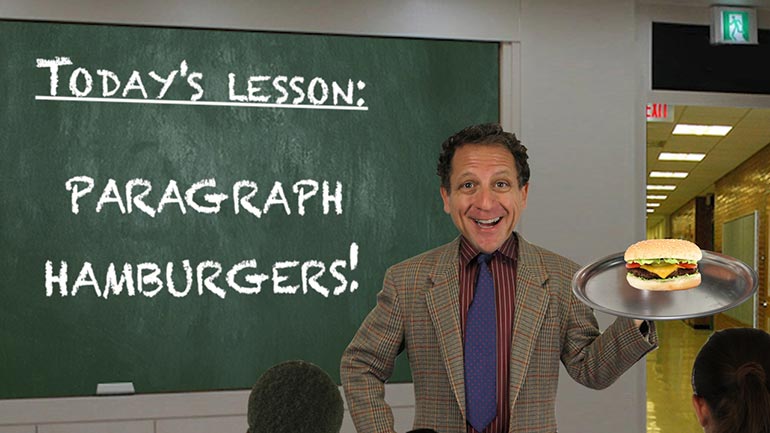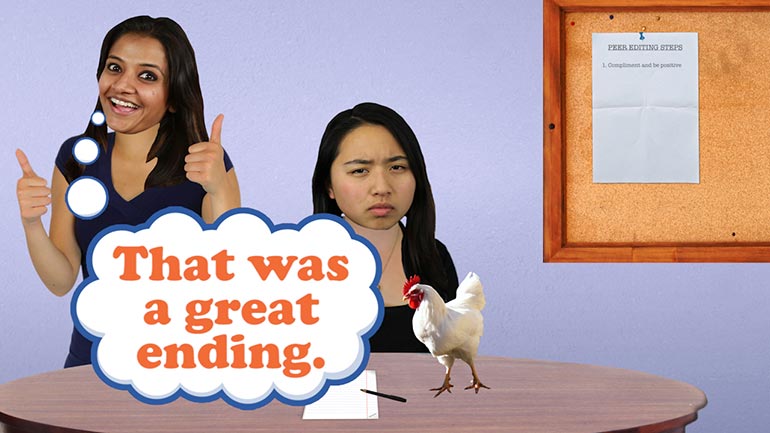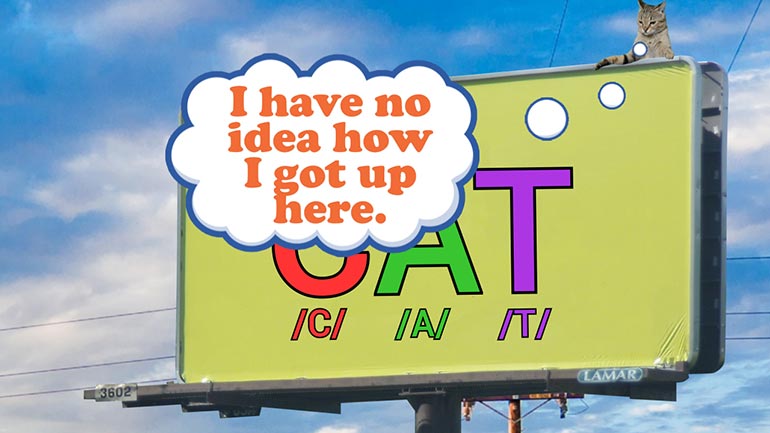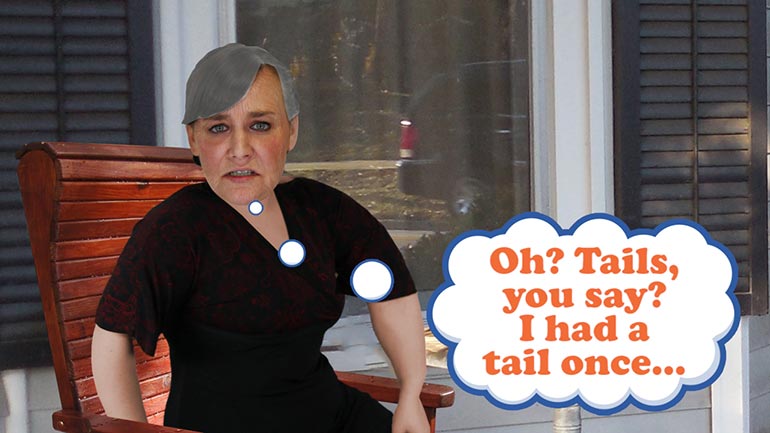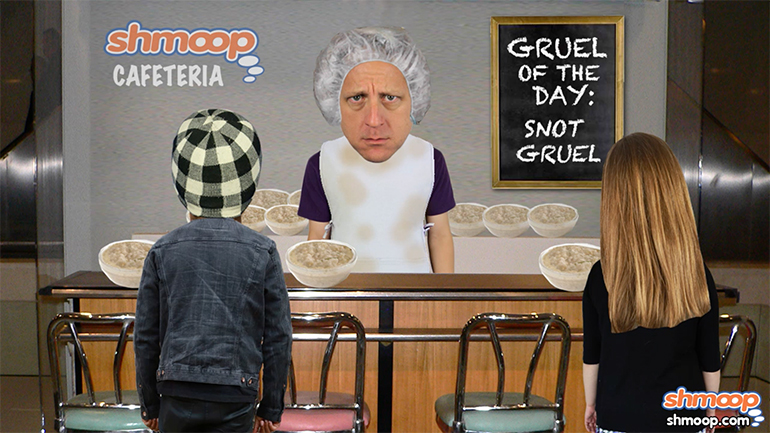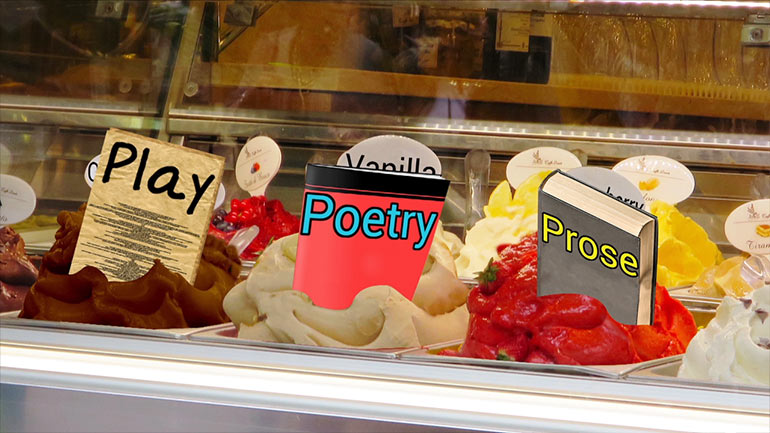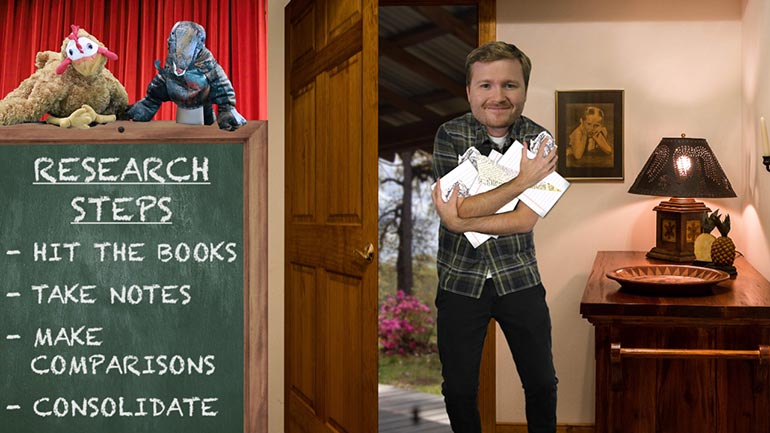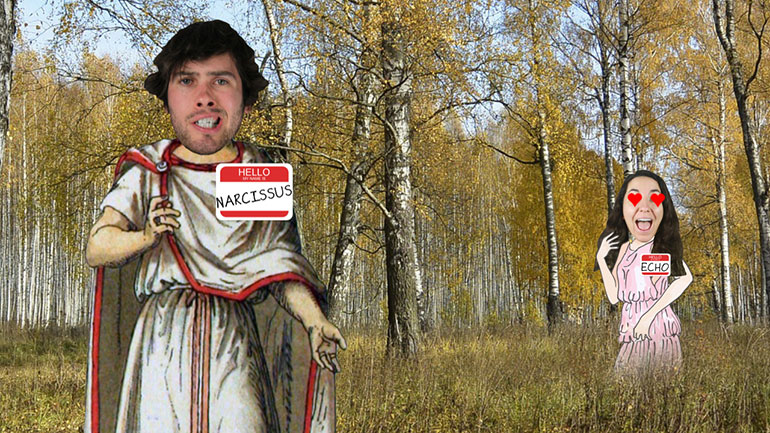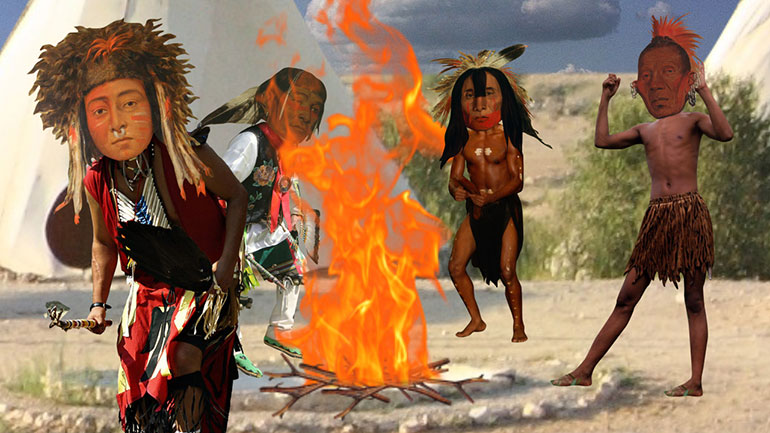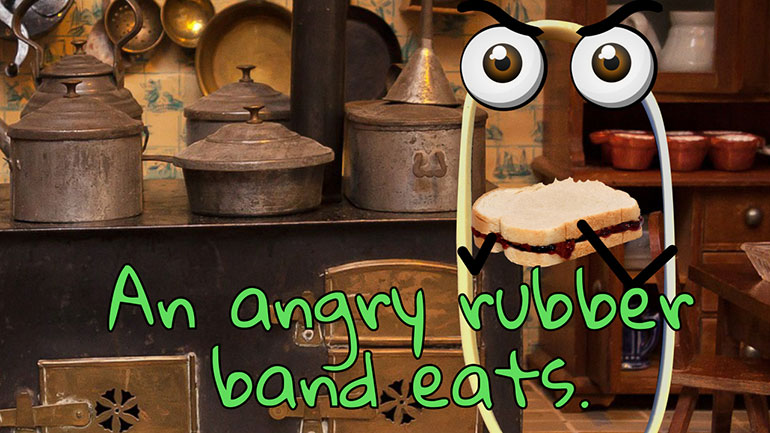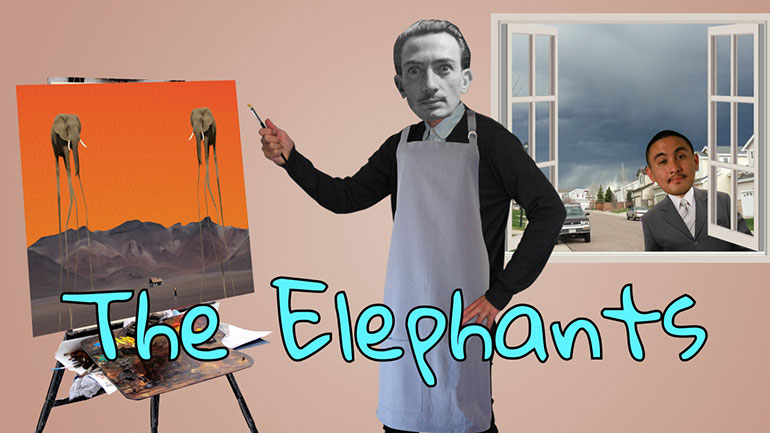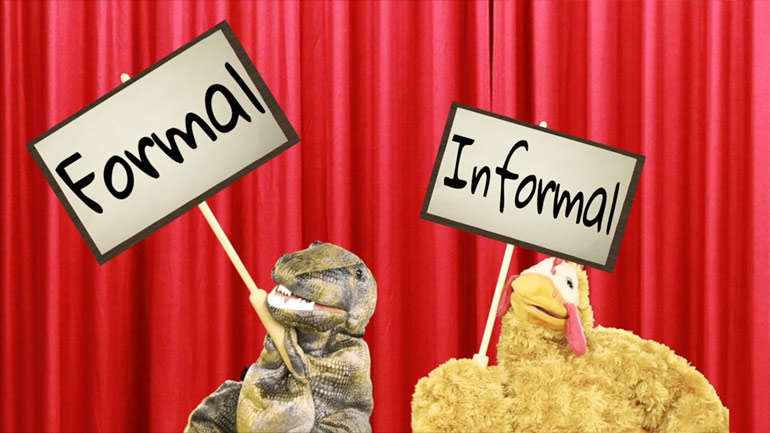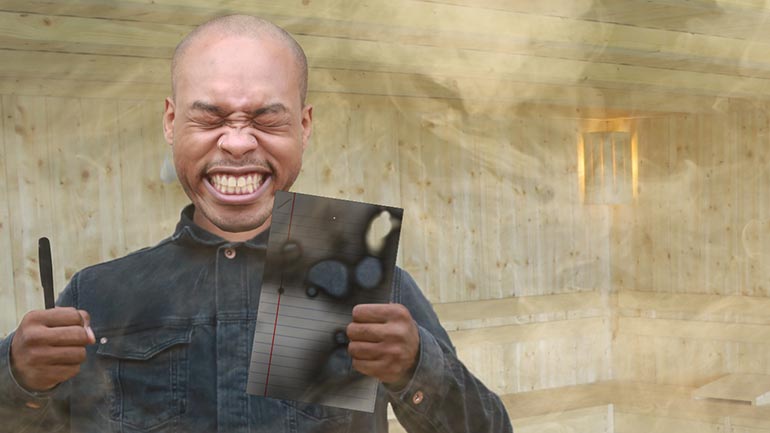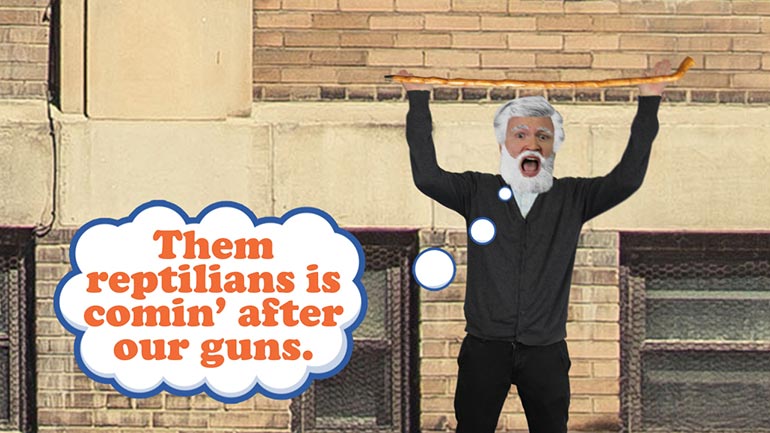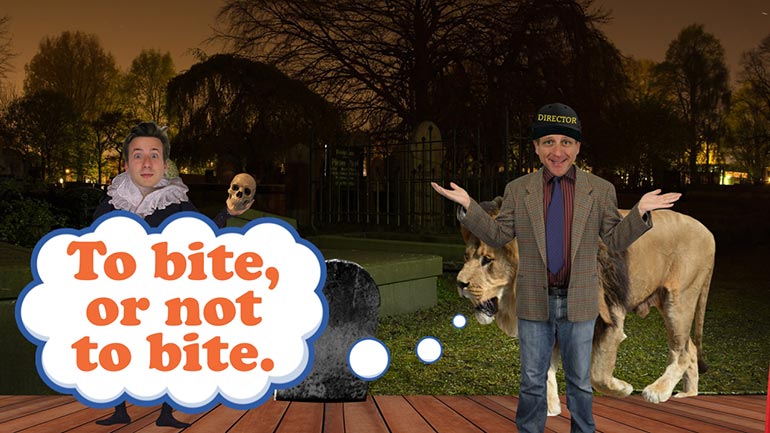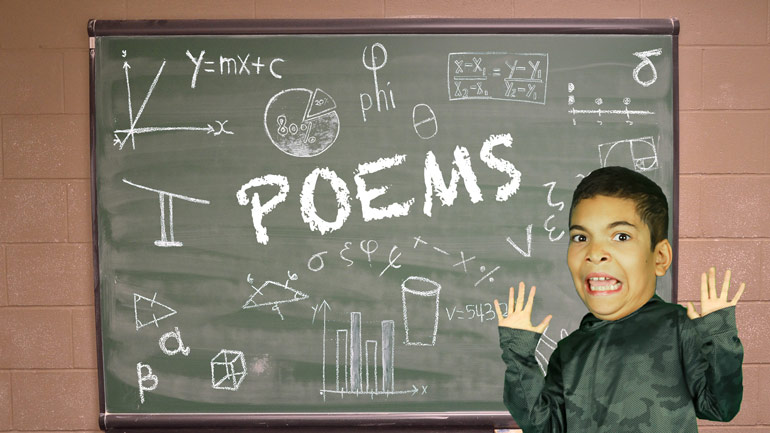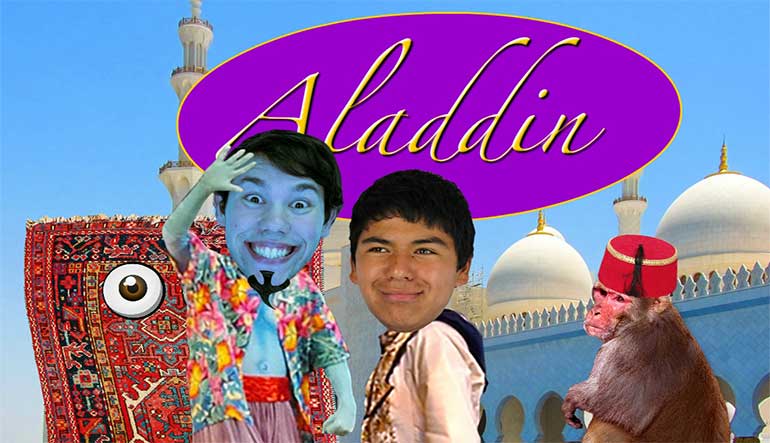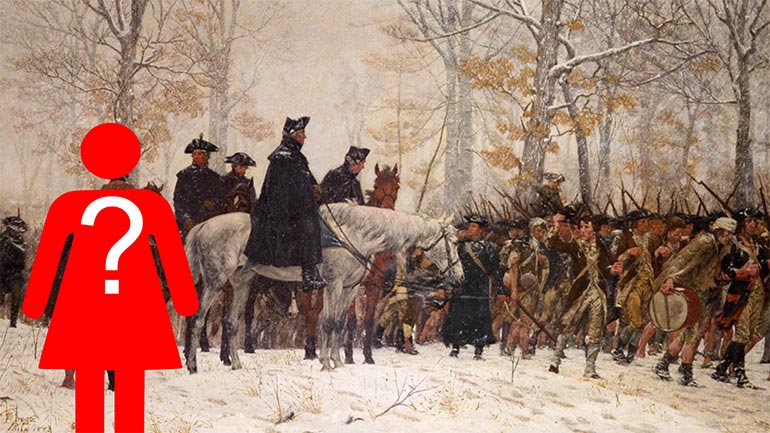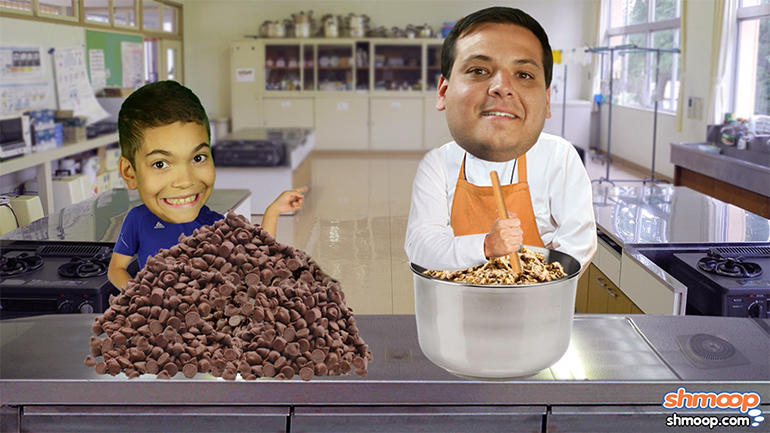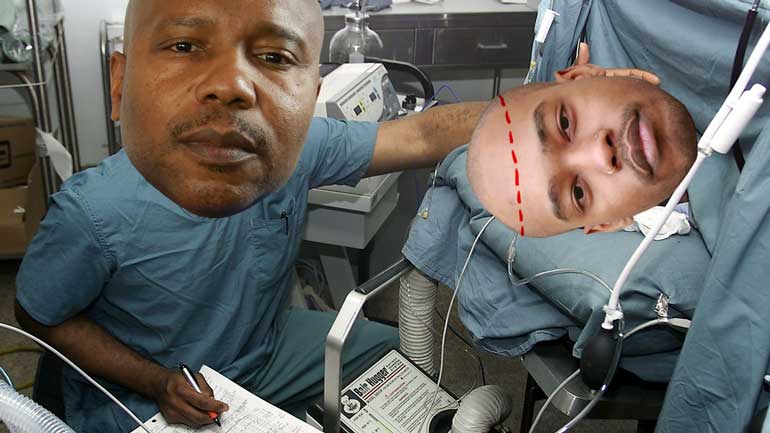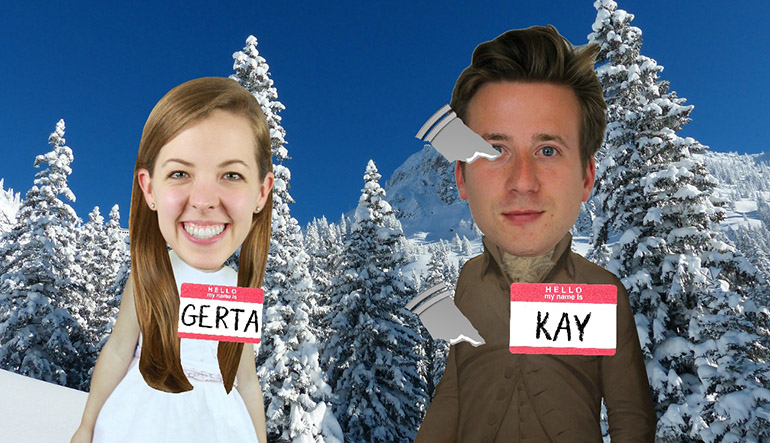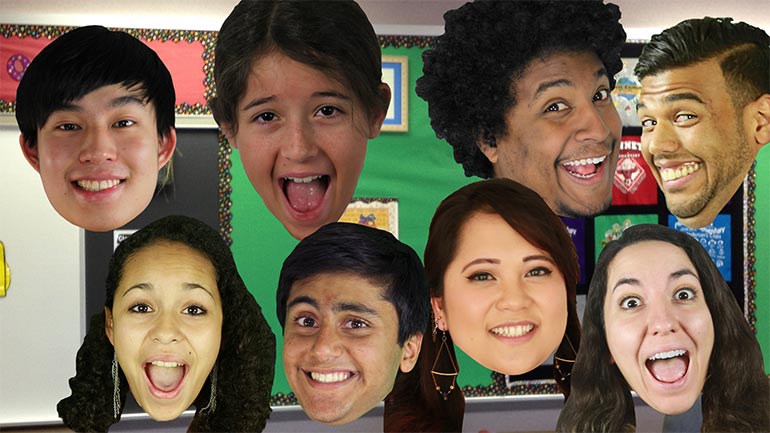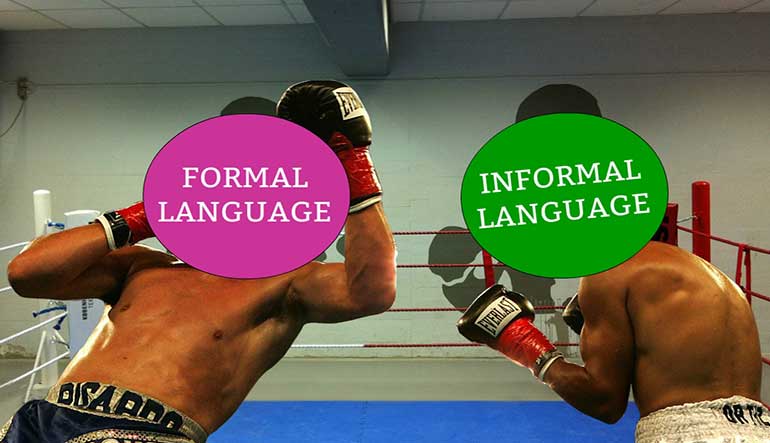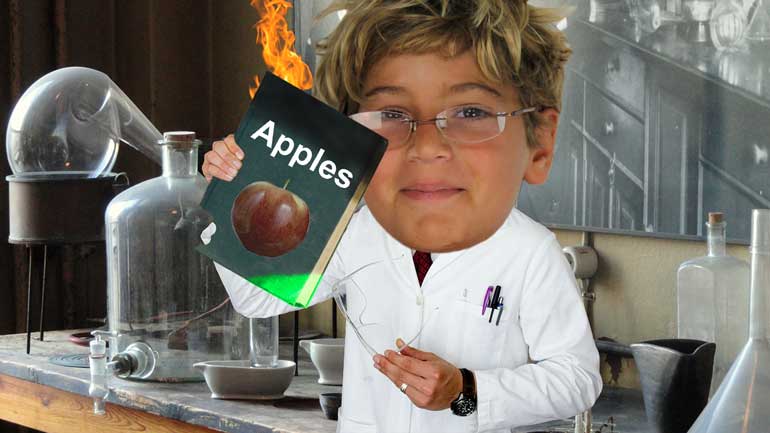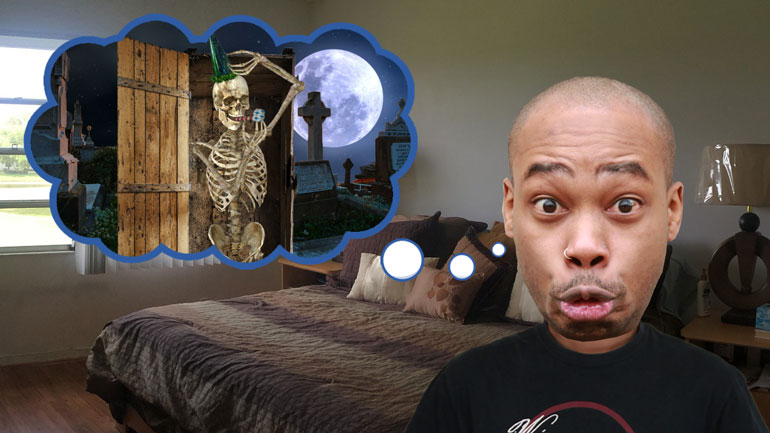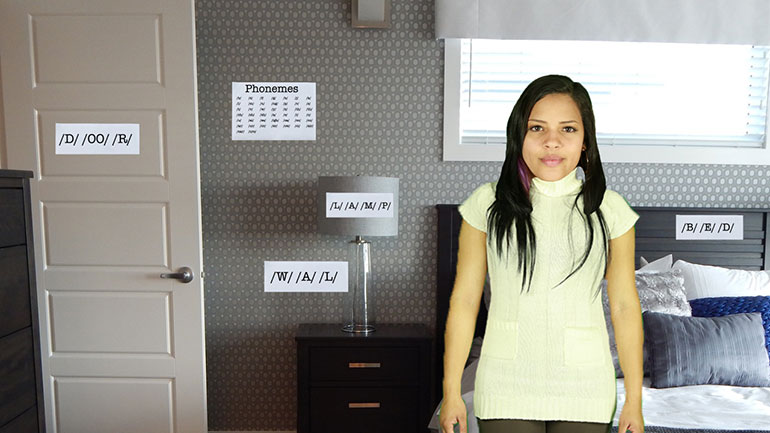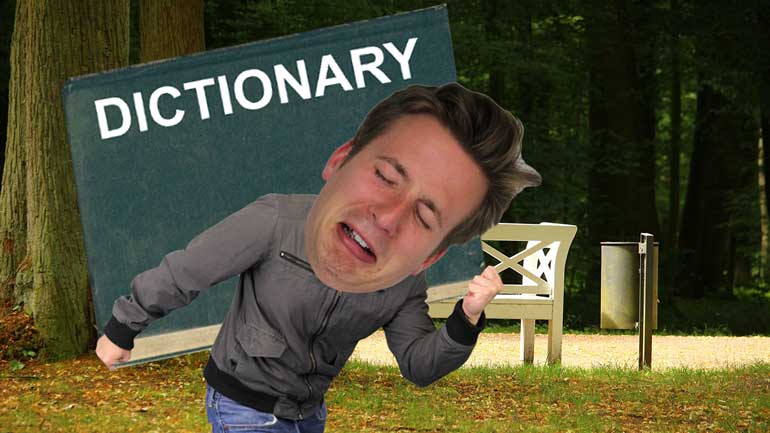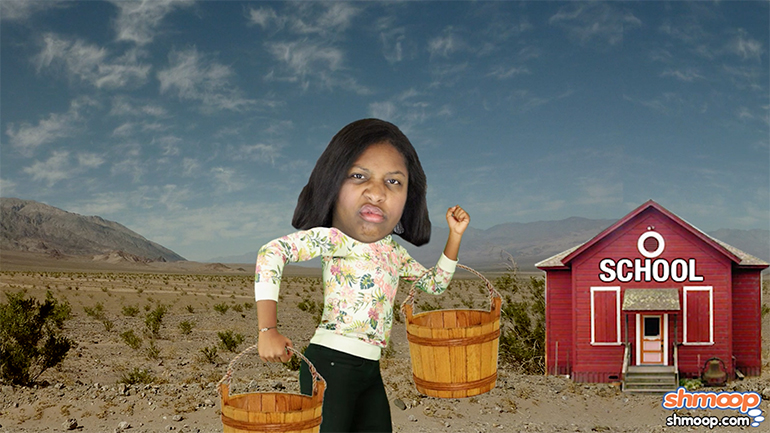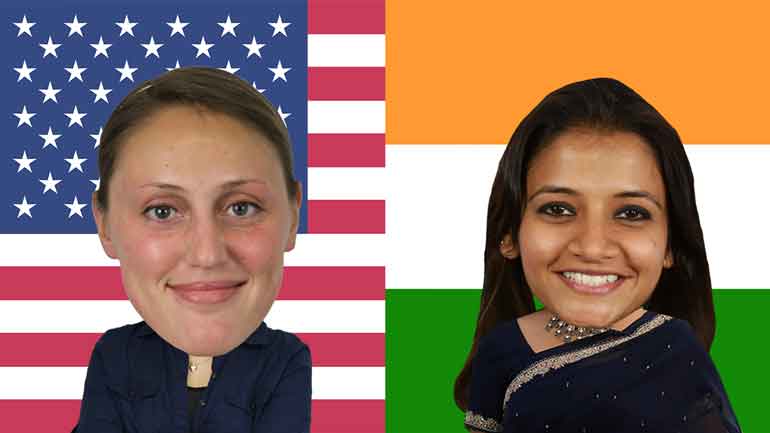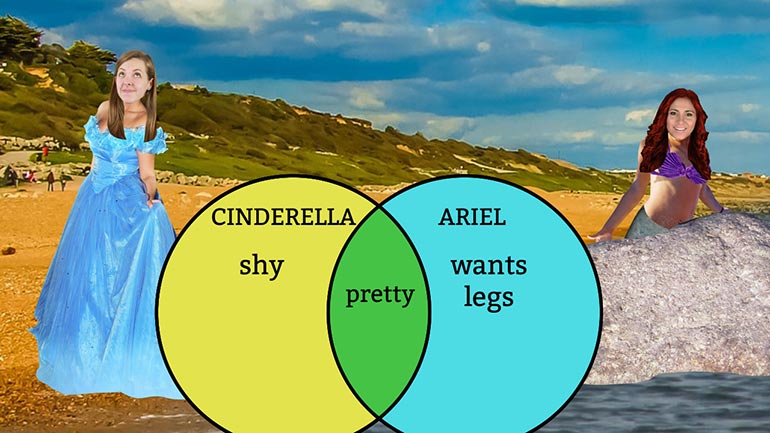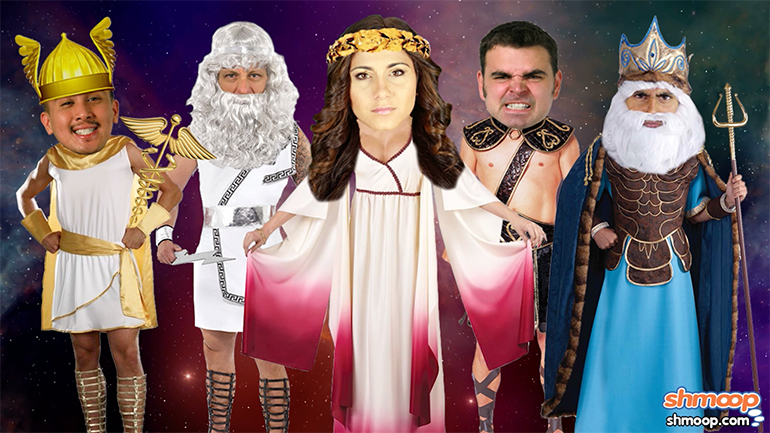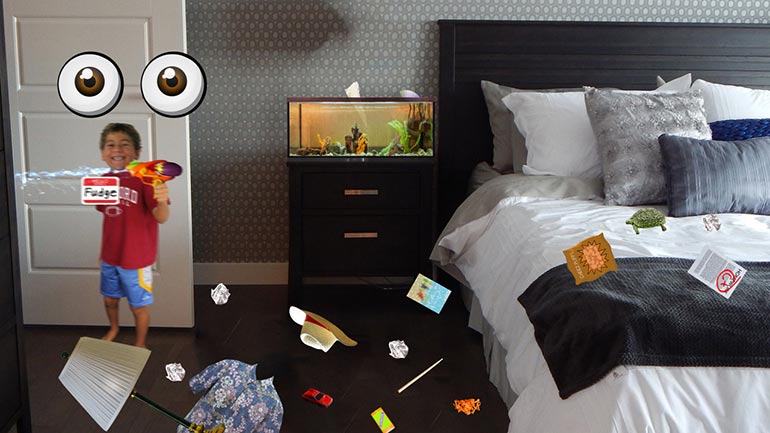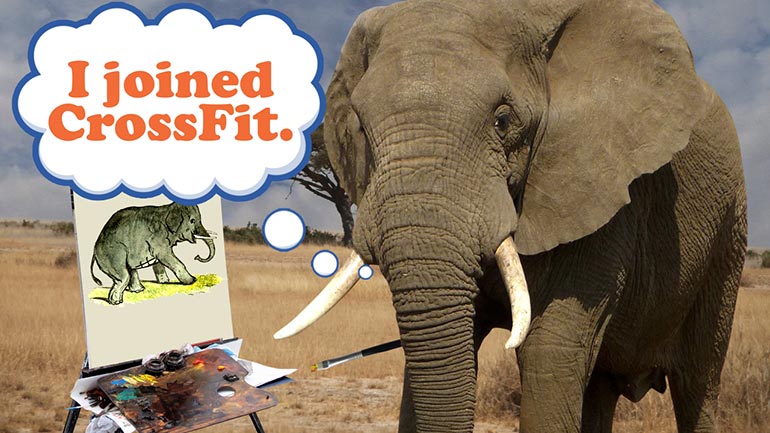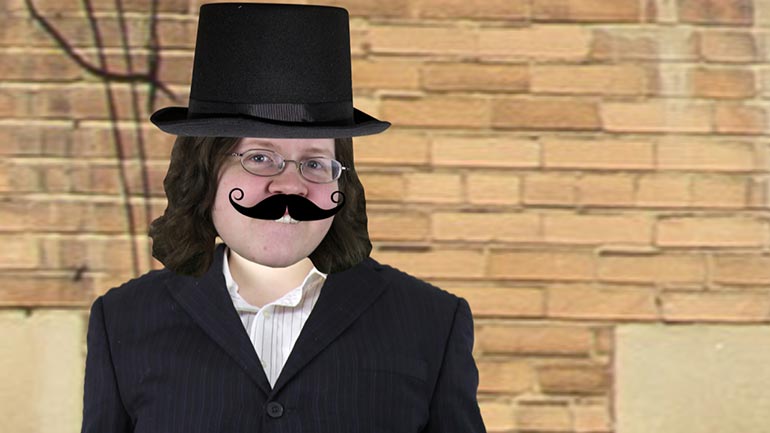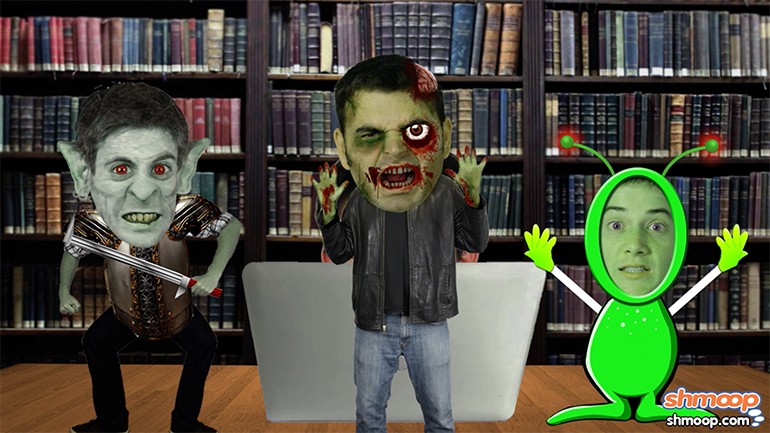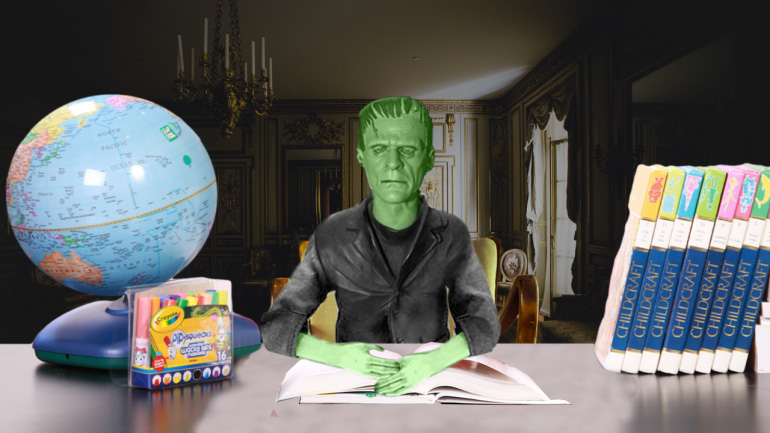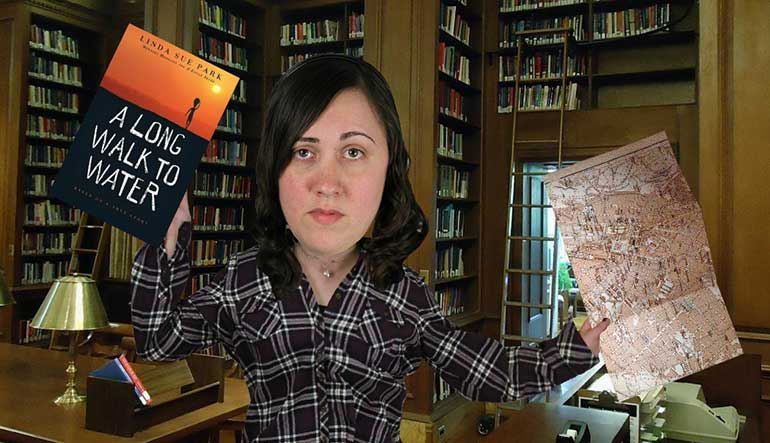ShmoopTube
Where Monty Python meets your 10th grade teacher.
Search Thousands of Shmoop Videos
Language Arts Videos 92 videos
In this lesson we'll subject you to some verbs and predicates. Each one is a necessary part of a complete breakfas—er...sentence.
Choosing words carefully is important. You may end up vexing the assemblage of citizens you're conversing with...or you might even just plain bore...
ELA 4: Complete Sentences 776 Views
Share It!
Description:
In this lesson we'll subject you to some verbs and predicates. Each one is a necessary part of a complete breakfas—er...sentence.
Transcript
- 00:04
[Dino and Coop singing]
- 00:13
Vest. Called. In. Alligator. A. An. Is. An. Investigator.
- 00:20
Words without structure just sort of float about without meaning. The only way to have [Words floating]
- 00:24
them make any sense is to arrange them into sentences.
- 00:27
“An alligator in a vest is called an investigator.” [Alligator crawls out of a pond]
Full Transcript
- 00:30
Sentences don't have to be as goofy as that
- 00:33
one though. They can be serious, too. They can be short, or they can be long. Complex,
- 00:43
or simple.
- 00:44
But two things that a sentence always needs: a subject and a verb. [Coop discussing sentence requirements]
- 00:48
In other words, you need a thing, the subject, to do something, the verb.
- 00:53
“She sleeps.” That's a complete sentence. Why? [Girl sleeping on a sofa]
- 00:58
Because there's the subject, the thing – in this case, “she” - and the verb or something
- 01:02
it does – in this case, sleeps.
- 01:05
The subject, she, sleeps, the verb. Easy, peasy. The English language is not always quite so simple, however.
- 01:11
Which is probably for the best, because speaking in two-word sentences all the time
- 01:15
would make communication take forever. [Door opens and boy appears]
- 01:18
The very simple sentence “Diane dances.” works, because Diane is the subject and dances
- 01:23
is the verb, but we could make it a whole lot longer and more descriptive too: “Our friend Diane dances
- 01:28
in a giant banana suit every morning.” [Diane dancing in a banana suit]
- 01:30
Here, Diane is still the simple subject, but there's also what we call a complete subject,
- 01:38
and that is “our friend Diane.”
- 01:40
it just adds another layer of description to our simple subject...And as the case for going outside in Chicago in January...layers are important! [Man walking in the snow]
- 01:47
As for the verb, well it's still “dances,” and we can also call this the simple predicate.
- 01:53
The predicate is part of the sentence that tells us something about
- 01:57
the subject.
- 01:58
So while the word “dances” is the simple predicate because it tells us that Diane dances, [Diane dancing in banana costume]
- 02:03
the complete predicate is actually “dances in a giant banana suit every morning” because
- 02:08
that tells us even more.
- 02:10
A complete sentence has to always have a subject – the thing that the sentence is about – and
- 02:15
a predicate – the part of the sentence that tells us about the subject. [Coop discussing the predicate]
- 02:19
This probably makes a whole lot of sense to you – because hey, forming sentences is something
- 02:22
we do every day – right after we finish our morning bananas.
Related Videos
Sticks and stones, right? Well...only sometimes. It's a good idea to make sure your words aren't going to hurt others. Let's look at some ways to d...
Learn to debate like a champ. It's way better than debating like a chimp. That just takes mudslinging to a whole new level.
Today we'll learn about biographies and autobiographies. And no, the second one has nothing to do with the lives of cars.
Choosing words carefully is important. You may end up vexing the assemblage of citizens you're conversing with...or you might even just plain bore...
ELA Drills, Beginner: Point of View 2. Identify what sort of narration is being used and which character's thoughts or feelings are being revealed.

